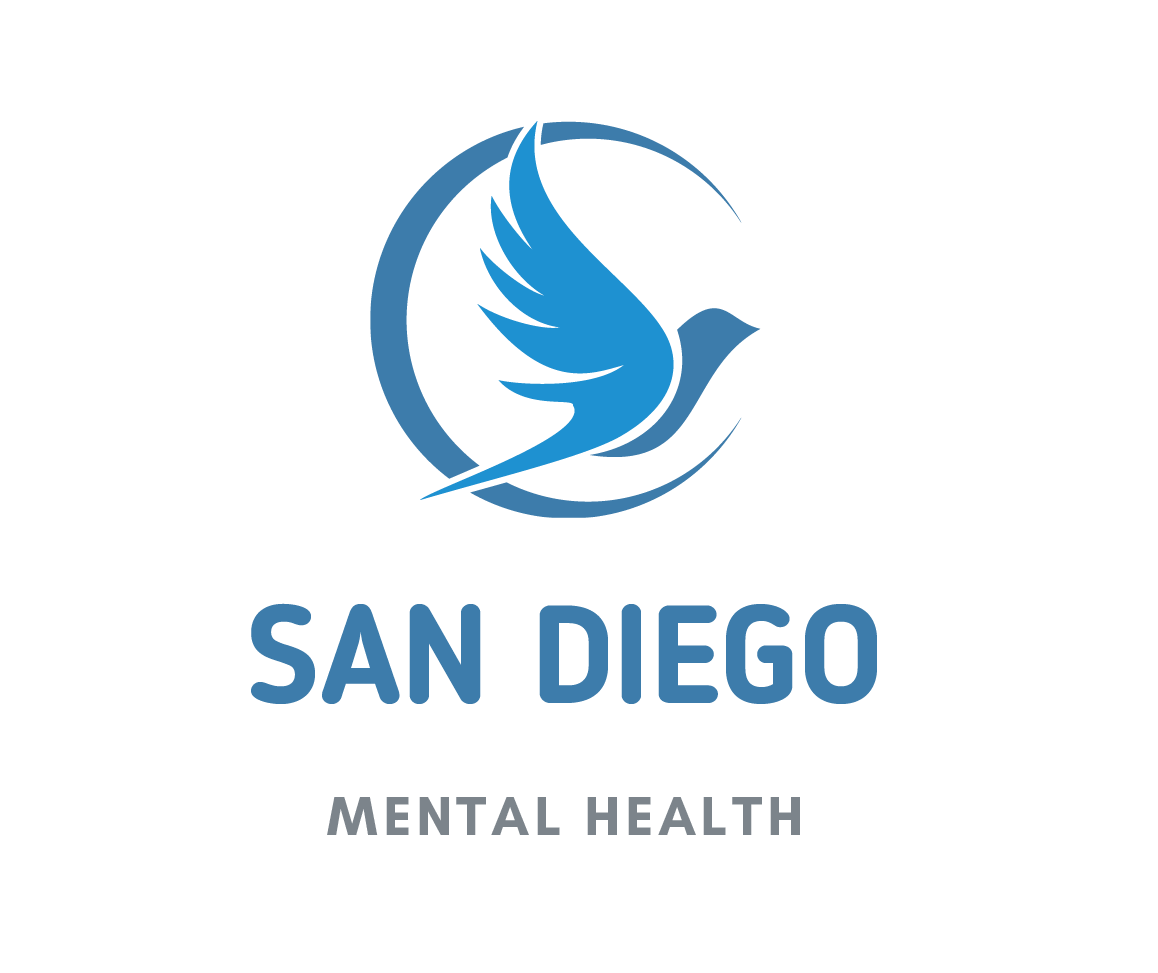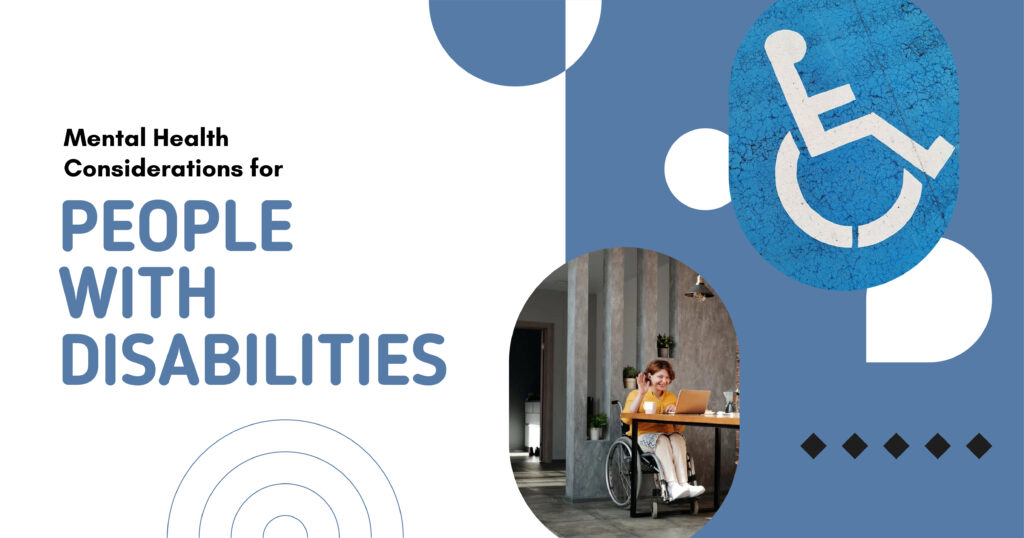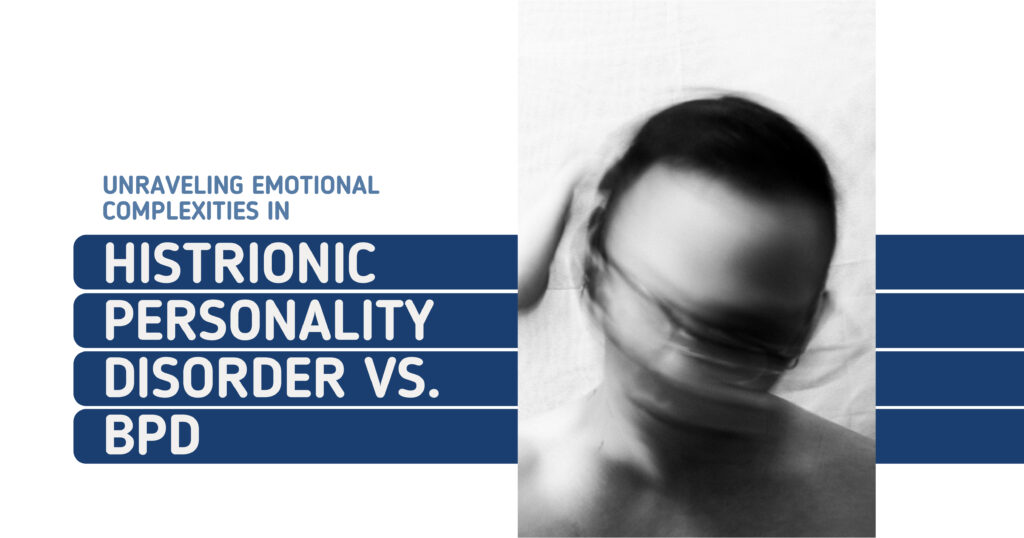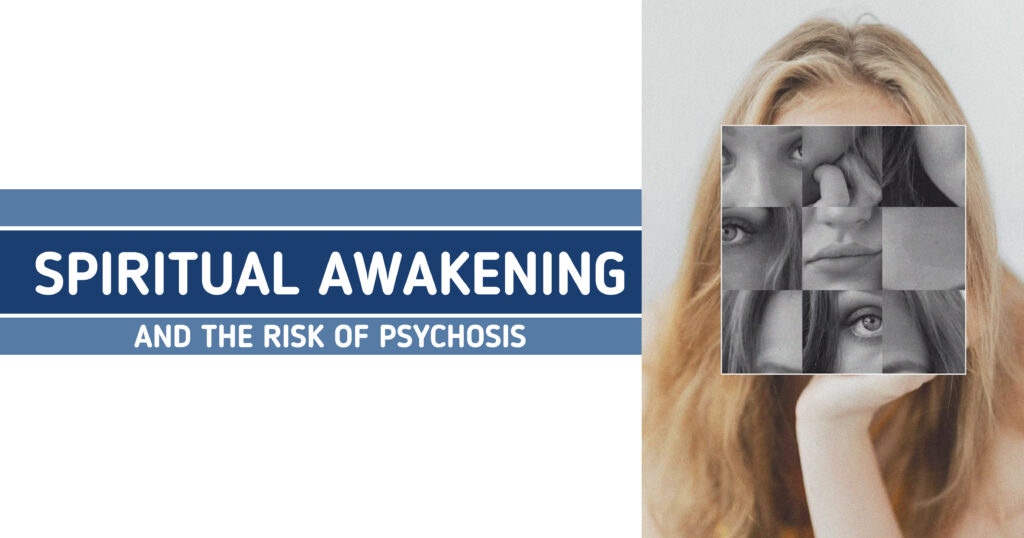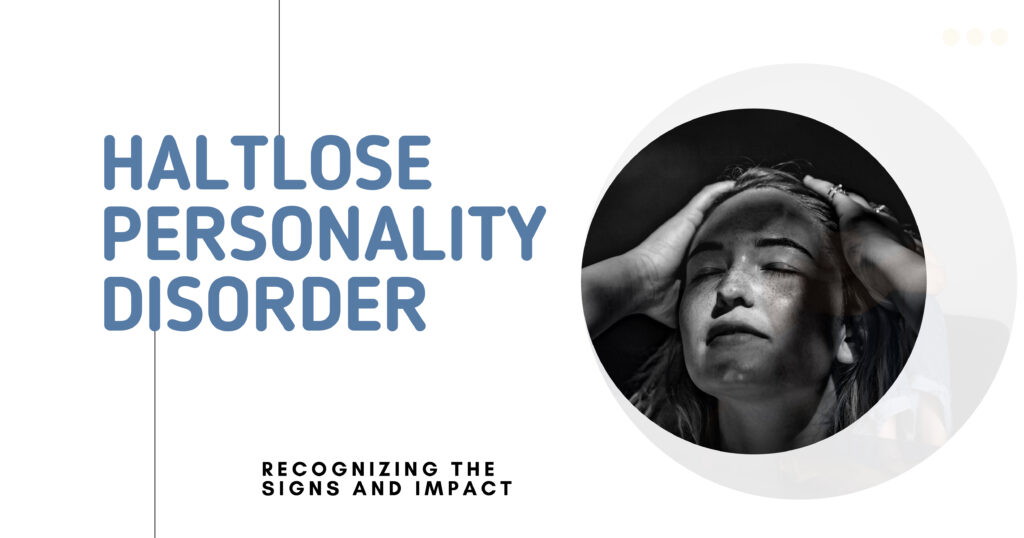Introduction
In the intricate world of mental health, people with disabilities face distinct challenges that are frequently overlooked. While their physical disabilities may be more apparent, the emotional and psychological toll of living with a disability can be equally profound. This comprehensive guide explores the intersection of mental health conditions and disability, offering insights, strategies, and resources to support individuals in their journey toward holistic well-being.
San Diego Mental Health
Understanding the Intersection: Mental Health and Disability
Living with a disability can significantly impact an individual’s mental health. From coping with functional limitations to navigating societal stigma, the challenges faced by people with disabilities are multifaceted. Here, we delve into the various factors that contribute to the mental health concerns for this demographic:
- Social Isolation: Many individuals with disabilities, including those with intellectual disabilities and developmental disabilities, feel isolated due to physical barriers, places they can’t access, and societal perceptions. This isolation can exacerbate feelings of loneliness, depression, and anxiety disorder.
- Chronic Stress: Managing a disability often means continually adapting and handling everyday problems. The constant stress can lead to mental health symptoms like depressive symptoms, insufficient sleep, and mental fatigue, affecting their quality of life.
- Societal Stigma: Despite advances in inclusion and awareness, people with disabilities experience discrimination and unfair treatment. This societal stigma can cause mental impairment, feelings of shame, and even psychiatric disabilities, contributing to mental illnesses such as depressive disorder and bipolar disorder.
Strategies for Promoting Mental Health
While the challenges may seem daunting, there are numerous strategies and techniques that individuals with disabilities can employ to prioritize their mental health-related disability:
- Seeking Support: Building a robust support network is essential for mental well-being. This can include friends, family members, support groups, and mental health professionals who understand the unique needs of adults with disabilities. In some cases, psychiatric care may be necessary to manage more severe mental health disorders.
- Self-Care Practices: Self-care activities like physical activity, mindfulness, or engaging in hobbies can improve daily functioning and reduce mental distress. These practices are vital for managing conditions like panic disorder, substance use disorders, and alcohol use disorder.
- Accessible Therapy Options: Access to mental health treatment is often limited for adults with disabilities due to health care access concerns. However, online counseling services and teletherapy are becoming increasingly available, offering reasonable accommodation for those with mobility disabilities or cognitive disabilities.
San Diego Mental Health
Addressing Common Mental Health Challenges
Certain mental health challenges are particularly prevalent among adults with disabilities. Recognizing and addressing these issues can help individuals manage their symptoms better and improve their daily living:
- Depression and Anxiety: Individuals with depression or anxiety disorder may find it challenging to cope with daily activities, especially when dealing with both chronic diseases and mental illnesses. Treatment may include therapy, medication, and support groups to address these co-occurring mental health conditions.
- Trauma and PTSD: Individuals with disabilities may experience trauma related to accidents or medical procedures, leading to post-traumatic stress disorder (PTSD). Psychiatric disorders like PTSD can be managed through trauma-informed therapy and support from mental health providers.
- Chronic Pain Management: Many people with disabilities, including those with neurological disorders, experience chronic conditions that cause ongoing pain. Medical treatment options such as psychiatric care, physical therapy, and mindfulness techniques can help alleviate both physical and emotional distress.
Accessible Resources and Support Services
Accessing quality mental health treatment and support services can be challenging for individuals with disabilities. However, numerous organizations and initiatives are dedicated to providing tailored support:
- Disability-Specific Organizations: Many advocacy organizations focus on mental health disabilities and provide resources like peer support groups, educational materials, and advocacy for inclusive health systems. These organizations play a crucial role in improving access to care for individuals with disabilities.
- Online Communities: Virtual platforms and social media groups offer a safe space for adults with disabilities to connect and share their experiences, especially when facing employment discrimination or disclosure decisions related to their disability status. These spaces offer solidarity and support.
- Government Assistance Programs: Programs like Social Security Disability Insurance (SSDI) and Medicare provide essential financial assistance and access to mental health services for individuals with disabilities. Additionally, the National Center on Birth Defects and Developmental Disabilities offers resources and information on mental health disorder management.
San Diego Mental Health
Conclusion
To effectively support individuals at the intersection of mental health and disability, a comprehensive approach is required, acknowledging their unique challenges and needs. Raising awareness, ensuring accessibility, and advocating for inclusivity can help create a more supportive environment where everyone can thrive mentally, emotionally, and physically. Remember, support is available every step of the way—from mental health professionals to public health professionals—so you don’t have to navigate this journey alone.

